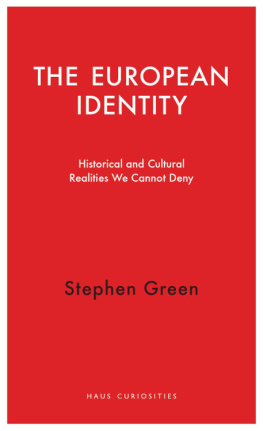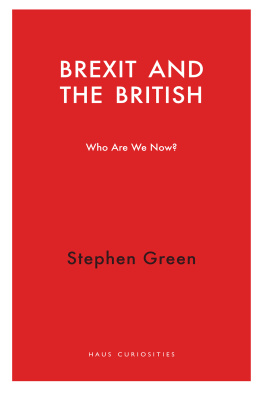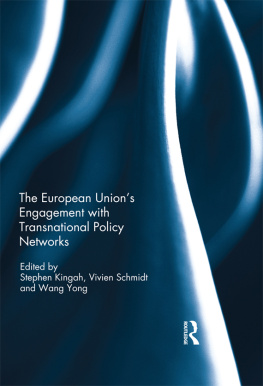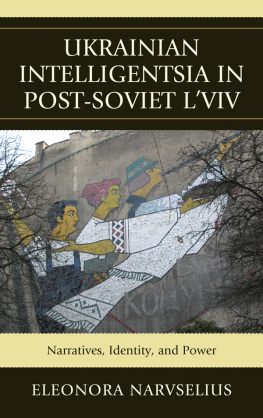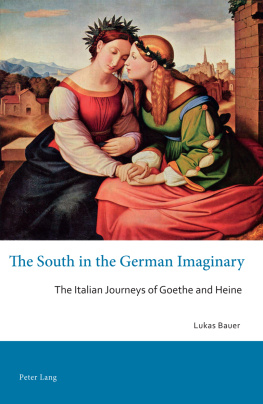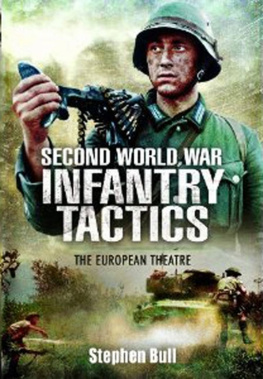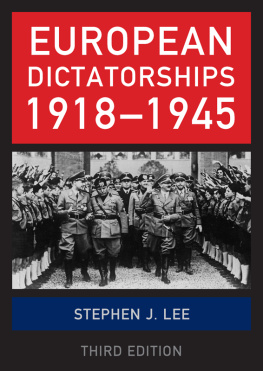Europe is the western corner of the Eurasian land mass. It has natural frontiers to the north, south and west, but not to the east. It is easiest to think of its eastern borders as being broadly those of the present-day European Union.
Are those borders permanent? Not necessarily. But Russia has a very different identity; occasionally down the centuries it has sought to convince itself and others that its outlook is essentially European, but at its heart it is the land of the steppes and forests. It has a geopolitical centre of gravity which is well to the east of Europe, and a culture moulded to this day by the Orthodox heritage which marks it out so distinctly.
And Turkey? Even in the days of old Byzantium, relations with Catholic Europe were always fractious and sometimes violent. Then came the Ottoman centuries when Turkish military expansion was the constant nightmare of Europe. Now Europe is thoroughly secularised, and Atatrk, the founder of modern Turkey, sought the same for his country. Yet recent years have shown that Turkeys secularism is much less deeply rooted. Turkey may eventually join the European Union, but the cultural challenge looks intractable to many on both sides.
So Europe effectively includes the 28 current member states of the European Union and a few other potential member states in south-east Europe, plus Norway, Switzerland, Iceland and a number of small entities such as Liechtenstein, Monaco and the Channel Islands, all of which are vestiges of earlier, premodern forms of sovereignty.
We need to ask ourselves whether this Europe has any real identity. For although the world of the 21st century is ever more global and interconnected, the importance of geopolitics has in no way declined. There are some old and some new great powers on the world stage. There are new actors, new cultural challenges and new sources of instability. Directly or indirectly, Europe will be impacted and profoundly challenged. How the Europeans respond will depend on what they have in common. What if anything amidst all the kaleidoscopic variety do we Europeans think we share? What is it to be a European in the modern age? Does it have any significance geopolitically, commercially or culturally? What future does it have?
These are questions for all of Europe, but especially for the three leading states of the EU, for each of which they are unsettling in a unique way. For France used to seeing itself as the moral and political leader of the European project its whole self-understanding is in play, as the centre of gravity shifts towards a reluctant Berlin. Meanwhile, Britain has for centuries regarded the continent mostly as a threat or a distraction; but it is learning that its own identity is far more fragile than it ever realised. And for Germany, which because of its deep history is more truly comfortable with a multi-layered identity than either of the other two, the 20th century still casts a shadow; the role of leadership which has been thrust upon it by the facts of geography and economics still does not come at all easily.
Few people have ever thought of themselves primarily as Europeans. In the four centuries up to 1914, when Europe was the dynamic centre of the world and when Europeans fanned out over the globe to trade and conquer, they defined themselves by their religion, by their language and by their nationality (which they saw increasingly in racial and indeed Darwinian terms). After 1945, in the wake of the moral and physical disasters of what was in effect a second Thirty Years War at the heart of Europe, there was a new determination to achieve a robust and enduring peace. This was the vision of a small European elite, but they were responding to a widespread sense of exhaustion and disgust (which it takes a leap of imagination these days to fully comprehend). It was given effect in the embryonic structures that eventually evolved into the European Union, and blessed initially from the sidelines by a Britain which only belatedly, and never wholeheartedly, joined up.
Yet none of this, not even in the early visionary years, represented the emergence of a new and widely recognised European identity. In fact, there is no political appetite in any member state, and certainly not in any of the big three to strengthen a European sense of identity by giving any institution or individual role a clear leadership mandate at the European level. This reluctance is not born just from lingering nationalism or from theoretical concerns about the democratic legitimacy of any such mandate. It reflects something much deeper: an insistent question about what that identity is and how it should be projected.
In the last 70 years, the most pressing objective has been achieved: not only has Europe been at peace with itself, but war between the member states has become virtually unthinkable. But the sense of a European identity, though it has grown, remains weak. It is still the case (as evidenced by the official Eurobarometer surveys) that majorities in every country think of themselves not primarily as Europeans but in national terms (and in the case of Britain fewer than half see their identity in European terms at all). Recent years have seen a growth in the percentage of people who see themselves as national but also European, and a decline in the percentage who see themselves as national only: but for all other than a very small minority the European identity is secondary rather than primary.
When people are asked what are the important ingredients in the European identity, half of those who are citizens of eurozone countries cite the euro. Only half as many cite history and culture. Not surprisingly, fewer than a quarter of those from non-eurozone members cite the euro, although they are about equally likely to cite history and culture. Furthermore, the trend data show that culture is on the wane as an element in peoples understanding of identity: there is evidence that sport is becoming a more important factor and it is unclear what effect this has on peoples sense of a European identity.
Indeed, the case for Europe is almost never argued in terms of identity. In Britain, even the pro-Europeans argue not on the basis of common values and cultural identity, but on the basis of commerce from the benefits of the single market and the advantage of critical mass in international trade negotiations. In France and Germany, and in the eurozone more generally, policy debate for the last few years has focussed for understandable reasons largely on a near-term macroeconomic imperative of stabilisation and structural reform. The urgent task has been to integrate monetary policy and coordinate fiscal policy not in order to strengthen any European identity, but to deal with the problems of over-indebted weaker members of the eurozone (above all, Greece) and to get growth going again. The Treaty of Lisbon sets out the member states resolve to continue the process of creating an ever closer union among the peoples of Europe. But apart from rare voices like that of the influential German philosopher Jrgen Habermas (of whom more below), there are few and no politicians of any significance anywhere who see the creation and nurturing of a new European identity as a primary challenge, or even as having much relevance, for modern Europeans.

